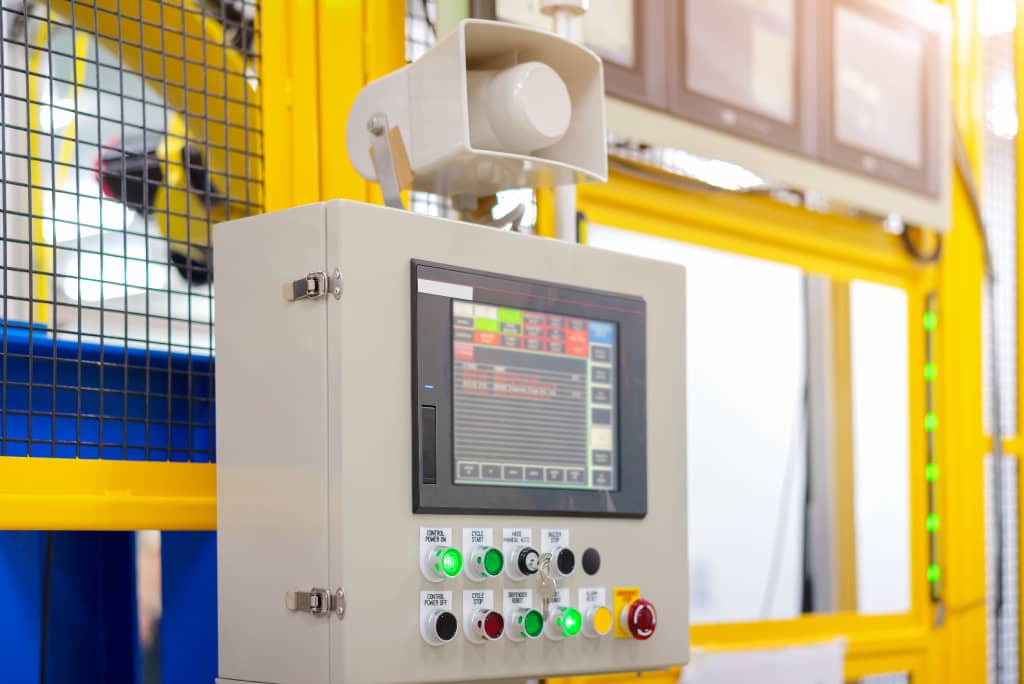RECENT POSTS

Solving the Top 5 Manufacturing Challenges with MES Software
In today’s rapidly evolving manufacturing landscape, companies face a multitude of challenges that could hinder their growth and profitability. From ensuring quality and traceability to maximizing productivity and minimizing waste, the demands on manufacturers are constantly increasing.
Fortunately, the advent of manufacturing execution software (MES) has provided a powerful solution to address these challenges head-on.
1. Ensuring Consistent Quality and Compliance
One of the most pressing concerns for manufacturers is maintaining consistent product quality while adhering to stringent regulatory and industry standards. Manufacturing execution software (MES) helps address this challenge by providing real-time monitoring, data collection, and reporting capabilities.
With MES, manufacturers can track and trace every step in production, from raw material receipt to final product packaging. This granular level of visibility allows for immediate awareness and resolution of quality issues, minimizing the risk of nonconformities and costly recalls.
2. Maximizing Productivity and Efficiency
In a highly competitive market, maximizing productivity and operational efficiency is paramount for manufacturers to maintain a competitive edge.
MES manufacturing software offers a suite of tools and functionalities to streamline processes, optimize resource allocation, and minimize downtime. Advanced scheduling and dispatching ensure that production runs are optimized, while real-time monitoring and analytics provide insights into bottlenecks and inefficiencies, enabling data-driven decision-making and continuous improvement.
3. Reducing Waste and Improving Sustainability
Environmental consciousness and sustainable practices have become essential considerations for modern manufacturers.
MES software plays a vital role in reducing waste and improving sustainability by enabling precise tracking and management of material consumption, energy usage, and emissions. With real-time data and analytics, manufacturers can identify inefficiencies then implement targeted strategies to minimize waste, reduce their carbon footprint, and promote a more sustainable operation.
4. Enhancing Traceability and Regulatory Compliance
In many industries, like food and beverage, pharmaceuticals, and aerospace, stringent regulations and traceability requirements ensure product safety and quality. MES manufacturing software provides comprehensive traceability capabilities, enabling manufacturers to track and trace every component, material, and process from raw materials to finished goods. This detailed genealogy information not only supports regulatory compliance but also facilitates rapid and targeted product recalls in the event of quality issues, minimizing the risk of broader recalls and associated costs.
5. Enabling Agile and Flexible Manufacturing
In dynamic markets, agility and flexibility are critical for adapting to changing customer demands, production requirements, and market conditions. MES manufacturing software empowers manufacturers with the ability to rapidly reconfigure production processes, adjust schedules, and introduce new products or variants with minimal disruption.
By streamlining changeovers and facilitating seamless communication between different systems and departments, MES enables manufacturers to respond swiftly to market shifts, capitalizing on new opportunities while minimizing downtime and inefficiencies.
The Importance of Integration
As manufacturers navigate these challenges, manufacturing execution software emerges as a powerful ally, offering a comprehensive suite of tools and capabilities to drive operational excellence, ensure compliance, and foster continuous improvement. However, to maximize the benefits of MES, seamless integration with other critical systems is essential.
MES does not operate in isolation; it must seamlessly integrate with a range of systems, including Supervisory Control and Data Acquisition (SCADA), Programmable Logic Controllers (PLCs), and more. This integration enables the free flow of data and information, ensuring that production processes, inventory management, quality control, and business operations are aligned and optimized.
By acting as a central hub for data from various manufacturing systems, MES manufacturing software provides a comprehensive view of operations, enabling better decision-making, streamlined workflows, and improved collaboration across departments. Real-time visibility into production processes, material consumption, and quality metrics empowers manufacturers to identify and address issues promptly, minimizing downtime and optimizing resource utilization.
While the benefits of MES integration are clear, achieving successful implementation and ongoing optimization can be complex. This is where the expertise of an experienced industrial automation integrator becomes invaluable. These specialized professionals possess in-depth knowledge of manufacturing execution software, as well as a comprehensive understanding of the manufacturing ecosystem and the intricacies of system integration.
Experienced industrial automation integrators like Pacific Blue Engineering can assist manufacturers in navigating the complexities of MES implementation, ensuring seamless integration with existing systems and processes. They can provide guidance on the selection and configuration of the most suitable MES solution, tailored to the specific requirements of the organization. Additionally, these experts can offer insights into best practices, process optimization, and ongoing support to ensure that the MES system continues to deliver maximum value over time.
Contact Pacific Blue Engineering or call us at (657) 201-8603 today to discuss your MES manufacturing software and industrial automation needs.












